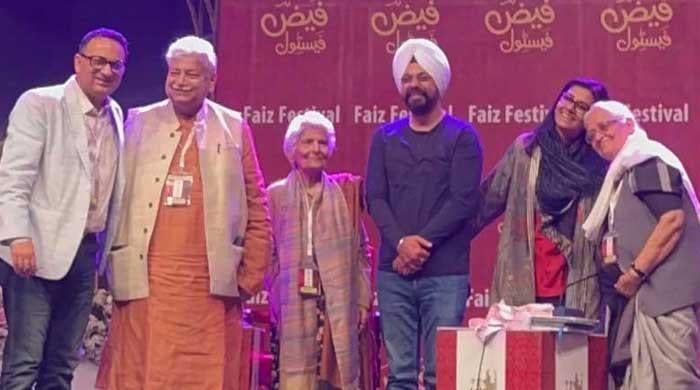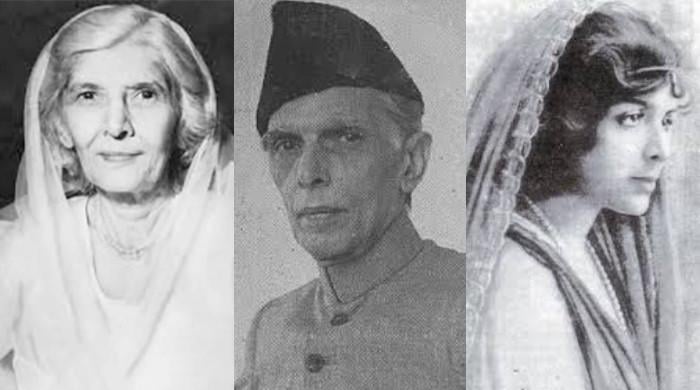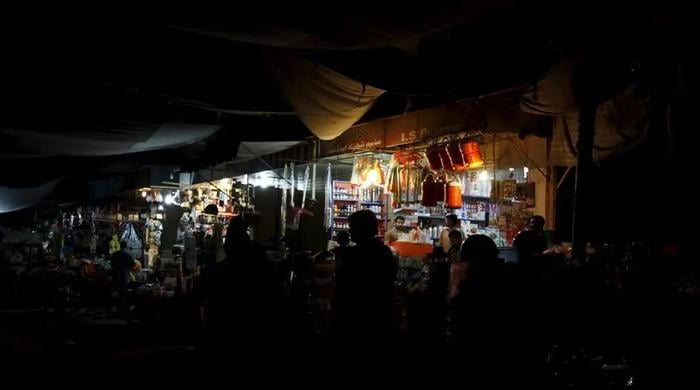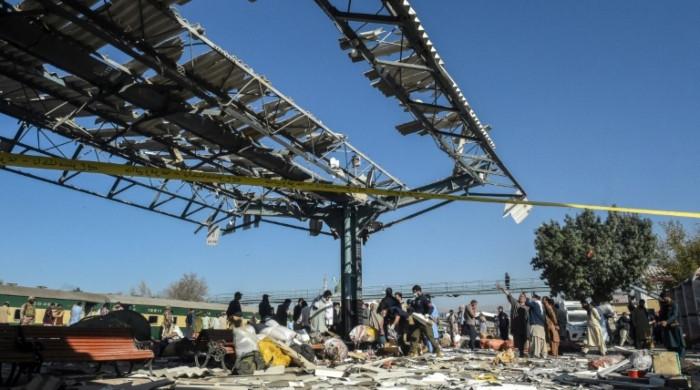The Superman and Sherlock Holmes of Ibn-e-Safi
Ibn-e-Safi was a unique writer who craved a separate space for himself
July 26, 2017
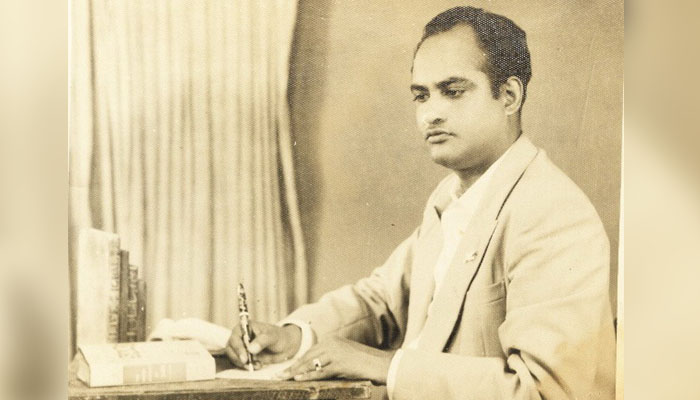
Author Asrar Ahmed was born in the village of Nara in UP, India. He lived during the turbulent period of Western history, from 1928-1980, during which he adopted the pen name, Ibn-e-Safi.
In those days the end of World War II resulted in major redistribution of global power. As the war concluded, the United States was pitted against the Soviet Union, culminating in the Cold War era. It was against this backdrop that Ibn-e-Safi authored 126 novels including the series Jasoosi Dunya [The World of Espionage], and 116 volumes in the collection of the “Imran Series.” His literary style was a blend of thrill and fantasy and his genre - detective fiction - featured characters as famous as Marvel’s Superman & Spiderman.
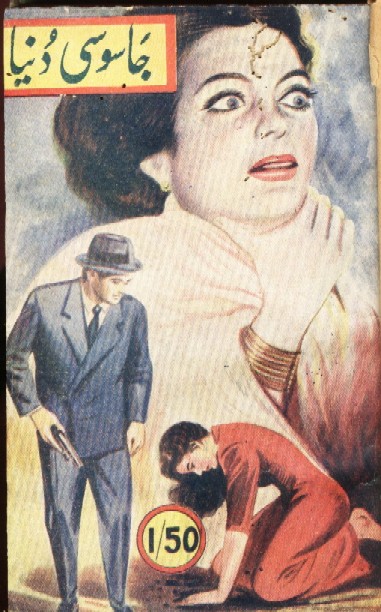
Embedded in his storylines was also an exploration of the dilemmas faced by the European society. For many, Ibn-e-Safi was the pre-eminent South Asian espionage and crime novelist and the Arthur Canon Doyle of this part of the world. In the Imran Series and the World of Espionage, Safi intertwines mystery with humor, espionage, law enforcement and science fiction.
His stories were about brutal murders, beautiful women, dangerous international criminals, cunning disguises and an undefeatable crime-solving genius.
As Safi was inking his work here, over in the West, literature was moving from the period of Modernism to Romanticism, giving rise to literary personalities like George Bernard Shaw, E.M Forster, T.S Eliot, Ezra Pound and Ted Hughes. In sub-continent, Safi’s contemporaries included R.K Narayan, Ismat Chughtai, Qurratulain Hyder, Naseem Hijazi, Qudratullah Shahab, Ashfaq Ahmed, Ibn-e-Insha, Mohsin Bhopali, and Saadat Hasan Manto.
Yet, Ibn-e-Safi was a unique writer who craved a separate space for himself. He wrote with immense vigour and liveliness, using fiction to address society’s ills. In Lashoan Kaa Saudagar [The Corpse Merchant, 1955] Ibn-e-Safi writes, “High-level crimes cannot be committed by an ordinary person, until and unless the lords or Nobles of the society are involved.”
After partition, the writer migrated to Pakistan. He captured his experience of the Indo-Pak division, and the violence that ensued, in a two-part series.
Today, there are few crime writers in the subcontinent, especially those who write in Urdu. The sub-genre of crime fiction and mystery do not evoke the same response from readers. It is time to remember and pay homage to one of the greatest writers we had, when we did, Ibn-e-Safi. May his words live forever.
Yaseen is a lecturer in Saudi Arabia and an academic researcher.




